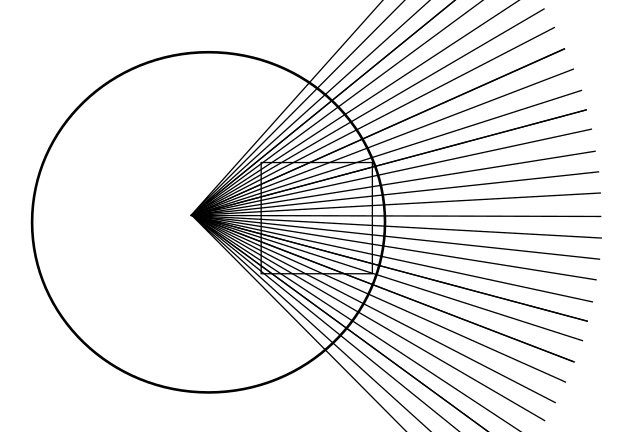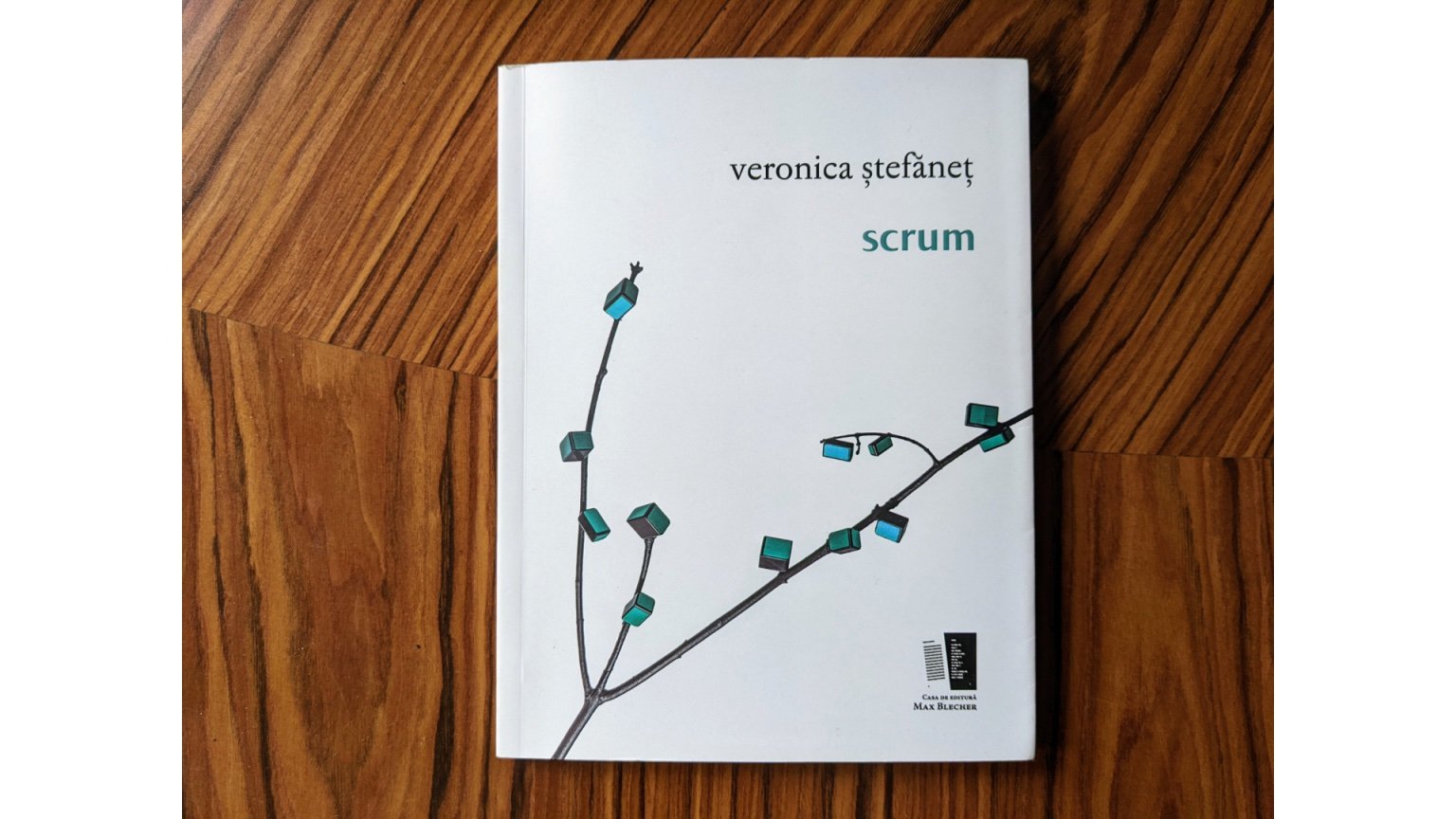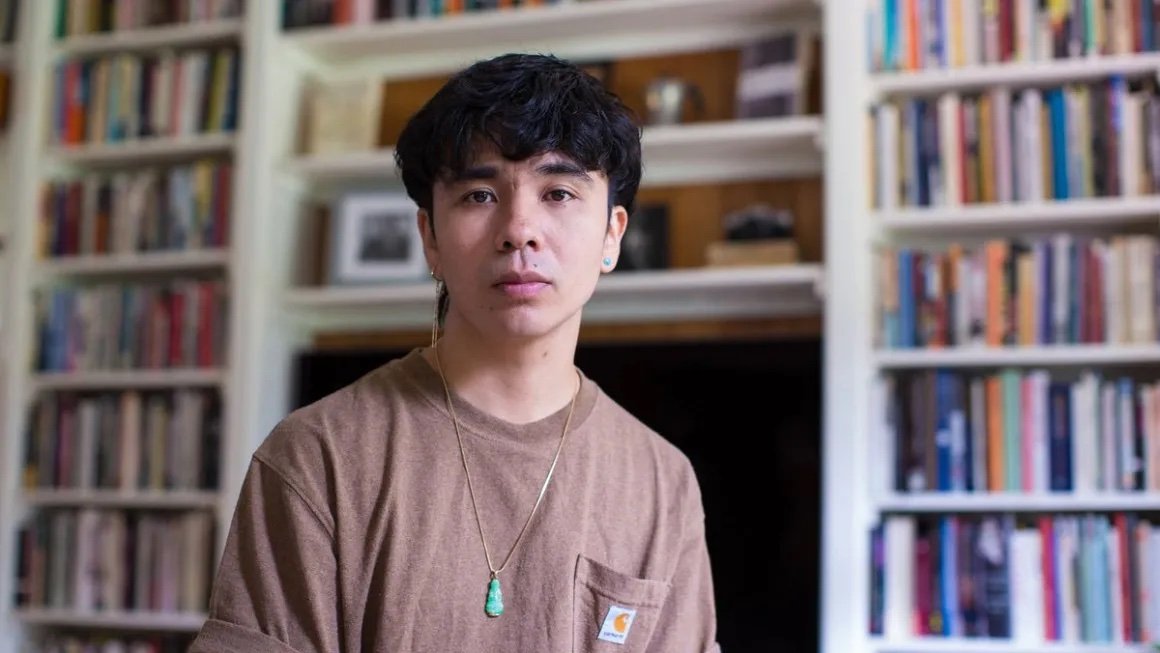Seven Poems by Chen Xianfa
From the window of a prison in another province,
a view of autumn clouds.
My interviews did not go well. Some prisoners spoke
obscure dialects, languages from a different planet.
2022 Spring Contest Winner: Owed To My Father’s Accent
The way the letter “r” rumbles
from the cavern of his throat
through the top of his teeth, gently,
2022 Spring Contest First Runner-Up: What It Means When a Man Tells You to Call His Name
a new being is reborn
with skin as soft as the mouth of a spring
the camouflaging of his broken pride begin
2022 Spring Contest Second Runner-Up: Can your colonizer’s country give you PTSD?
London was a queer place, but, Bristol was queerer.
Abolition in Our Lifetime: A Conversation with Christopher Soto
Christopher Soto doesn’t mince words in his debut collection Diaries of a Terrorist, an eviscerating and urgent work of verse that calls for abolition of the police state. The Salvadoran poet and abolitionist was born, raised, and is currently based in unceded Tongva, Chumash, and Kizh land (Los Angeles, California). Soto has worked for years as a political organizer in various capacities, including co-founding Undocupoets and the national Writers For Migrant Justice campaign. His long-awaited collection sheds a harsh light on police brutality and state violence in the United States and beyond.
3 Poems by 이제니 Lee Jenny
In the end, it’s only the fluttering sound of falling leaves. Starting today, I’ll stop feeling remorseful. Starting today, I’ll stop feeling remorseful about my remorse.
60 for 60: The Heart Climbs Devilishly
This poem by Jane Miller was originally published in the third-ever issue of Columbia Journal, in 1979. When our wonderful archivist told me I would be selecting the final poem for our 60 for 60 project, I knew I wanted a poem that spoke to some kind of ending, one that evoked an urgency, a hurried farewell.
Five Poems from “Journal of a Laborer”
June 24th. —The architect came back. I think of his blueprints. One afternoon I read through the boss’s copy: a true book. Everything is there.
60 for 60: Essay on Anxiety
In my family group chat, we’ve taken a break from sending each other memes and other funny pictures. It started with a text from my mom, expressing her anxiety about the ever climbing far-right voting rate in France. She lives in a rural area, and most villages around her massively voted for Marine Le Pen, an Islamophobic, conservative presidential candidate.
60 for 60: Love
On April 22, 1995, the highly-regarded American poet Jane Kenyon died. Accordingly, Columbia Journal dedicated a portion of its Spring 1996 issue to her memory. This homage included two poems by another highly-regarded American poet, Sharon Olds. The second of those two poems was written for Kenyon’s husband, Donald Hall, who was also a highly-regarded poet. And Olds’ poem “Love” is a great piece of work, and a fitting tribute to these poet-inspirations.
Barebacking the Barback by Christopher Soto
We're his // Retired slut on food stamps // Forever
Sniffing horse tranquilizer // Seeing digital dreams
60 for 60: Seventy Times Seven
My initial reaction to Tracy K. Smith’s “Seventy Times Seven” was one of awe. To begin at the beginning, the title cannot help but remind one of Matthew 18:22. While Smith incorporates religious figures, including San Nicolas, the poem is nothing short of magical in its exploration of culture, spiritual awakening, and human emotions. In a lecture, Smith discussed the interconnections between faith and poetry. She said, “Like the language of spiritual awakening, poems seek to be living words—vehicles for transmitting a sense of the strange and the powerful from speaker to reader” (Smith, 2018). Thus poetry is a vessel that carries with it the energy and intentions set by the author.
Smuggling Bethlehem
I am no stranger to picking apples out of men's throats.
Atlanta
I'm tired of making amends with soon-to-be strangers.
Tired of being my mother's favorite stranger.
60 for 60: Portrait of the Poet as Augustus Egg
“I am tired of women who are sad. I am tired of / Men who are tired.” The end of April is a good time to be finished with feeling sad and tired. It’s springtime; the earth is singing; it’s still National Poetry Month. I’ve never seen the Thames, but I know it mythically, as all rivers are known.
Two Poems from Scrum
you grab the end of your girlfriend’s scarf and quickly sniff it
when she’s not at the table
I pick off the strands of hair caught on her coat when we go out
Three Poems by Adela Zamudio
The fiery rays of the summer sun
are scorching the earth.
The withered prairie, in its slow death throes,
In Ocean Vuong’s Poetry, an Ocean of Moving Elegiac Paradoxes
Undisputedly, the years have been at once kind and brutal to Ocean Vuong. I say kind in the sense that, from a career perspective, Vuong has ascended to the peak of literary prominence at a pace and to heights few contemporary poets can match. Along the way up, he’s accrued a faithful audience, struck late-night talk-show stardom, and garnered prestigious awards, a T.S. Eliot Prize and a MacArthur Fellowship, among countless others. But I also say brutal, in that violence and loss continue to plague Vuong’s life: he’s had to contend with the harsh realities of growing up in poverty, as an immigrant and former refugee from Vietnam, and as a bookish queer boy navigating through a largely unsympathetic society.

















































